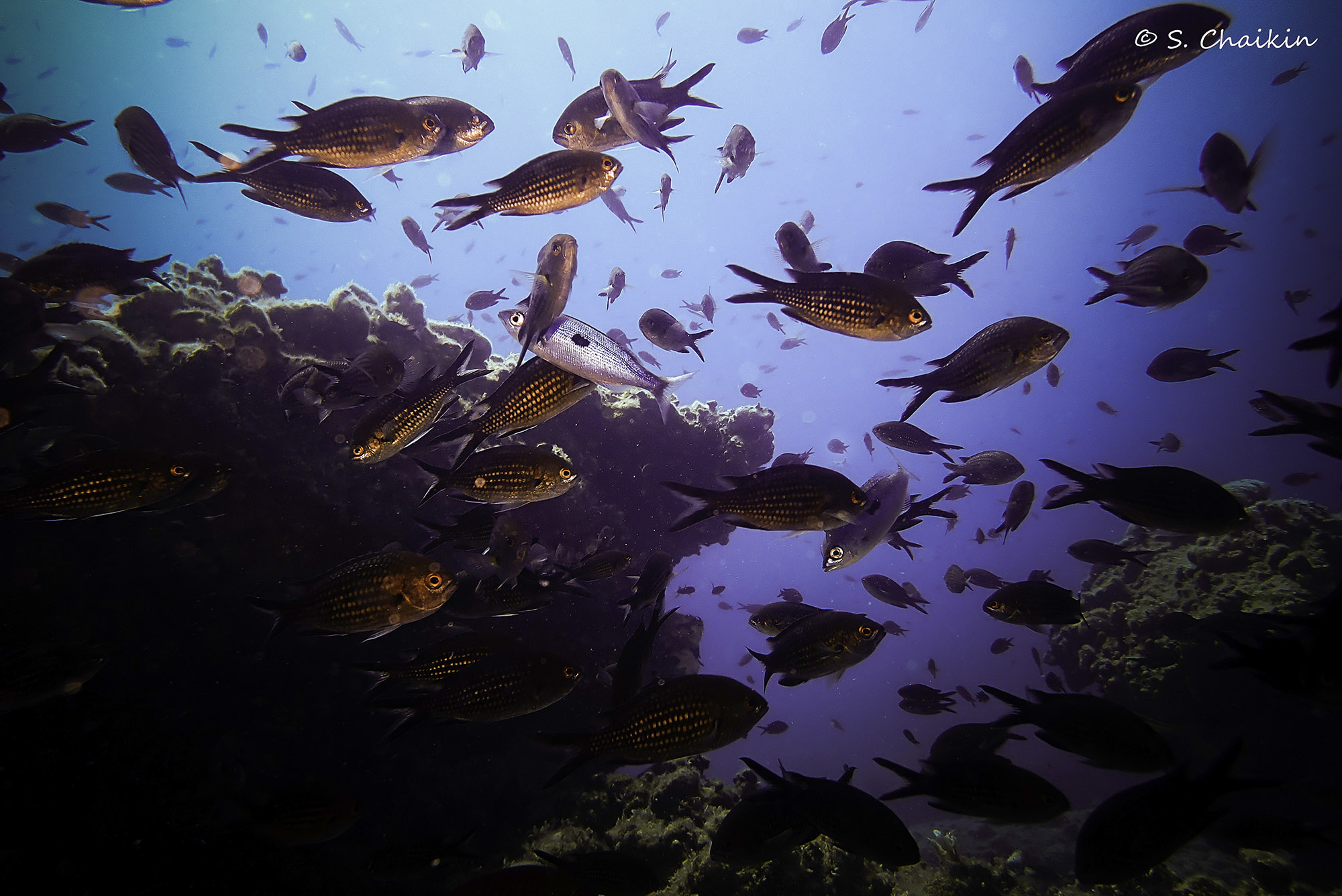VIDEO: In Deep Trouble: Fish Are Diving Deeper To Escape Climate Change

Fish and other species are migrating to deeper waters in the Mediterranean Sea as climate alter heats up area water, threatening each conservation initiatives and the fishing sector, according to a new analyze.
Gurus at Tel Aviv College appeared at the impact of warming waters on hundreds of species in the Mediterranean Sea. They analyzed details collected on 236 species in trawling surveys, in which a boat drags a net to accumulate species, and capture depth is recorded. They uncovered that dozens of distinctive fish, mollusks and crustaceans are migrating further as they flee warming temperatures.
“It must be remembered that the Mediterranean was very hot in the 1st spot, and now we are reaching the restrict of many species’ ability,” stated Professor Jonathan Belmaker. “Moreover, the temperature selection in the Mediterranean is extreme — chilly in the northwest and incredibly scorching in the southeast. Both of these things make the Mediterranean an ideal exam situation for species’ adaptation to global warming.”
The review, led by PhD student Shahar Chaikin below the supervision of Belmaker, unveiled that species are deepening their minimum amount depth boundaries in parallel with warming water temperatures, from the west to the east Mediterranean.
Sea lifestyle across the Mediterranean migrated an ordinary of 180 ft, a array of about 6 degrees Celsius (11 F), according to the analyze, revealed in the journal International Ecology and Biogeography.
The improve was not the same for all species, with cold-drinking water species deepening additional than heat-h2o kinds.

“The bare minimum depths for species in the Mediterranean are obtaining further, when the optimum depths continue to be steady,” Chaikin reported.”The deepening effect was identified to be much more important amid chilly-h2o species. In contrast, there are species that operate inside a narrow temperature assortment and at a selected depth that deepen considerably fewer, most likely simply because they can not survive in further h2o.”
The researchers say the migration is most likely to have a harming outcome on conservation attempts and on the fishing marketplace.
Temperature-pushed migration has been documented prior to, in the Arctic exactly where narwhals have been compelled into the open up ocean due to warming fjords. But researchers say the warming system is particularly pronounced in the Mediterranean, wherever the regular drinking water temperature has been climbing by one particular degree Celsius (1.8 F) each and every 30 yrs and is accelerating.

In accordance to the researchers, the research shows that by hunting at the features of species, their reaction to the raising temperatures can be predicted. This could be important expertise for upcoming conservation applications.
Conservation plans will have to account for species living in deeper than regular waters and maritime reserves will require to be outlined to supply shelter for species that have migrated, he reported.
The fishing market will also need to adapt with additional target put on deeper waters. This will power boats to sail even further into the ocean and burn up much more fuel. Belmaker warned that even with the capability of species to adapt to warmer waters, there is a limit, and the restrict is the seabed.
“We are already viewing deep-sea fish like cod whose numbers are declining, in all probability since they had nowhere further to go,” he said.
Edited by Richard Pretorius and Kristen Butler



